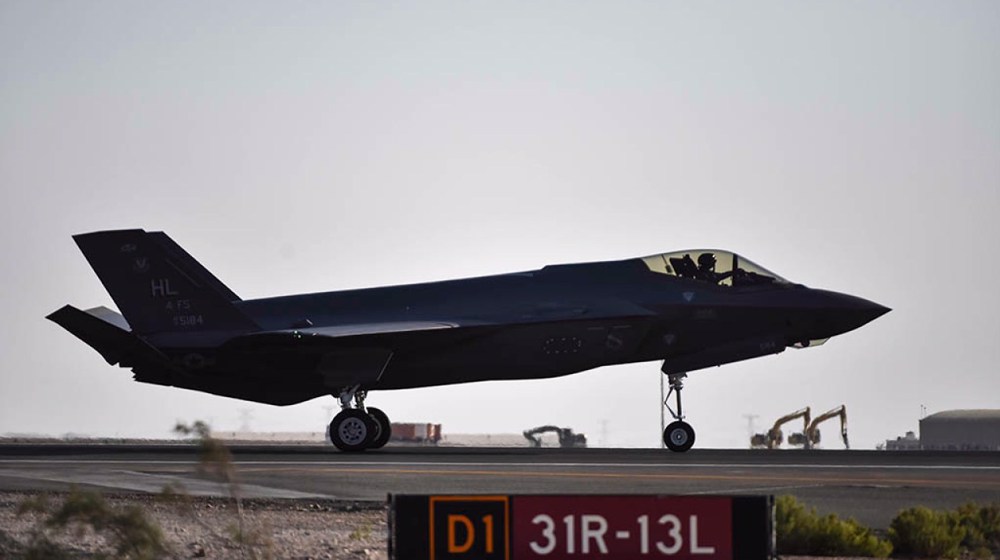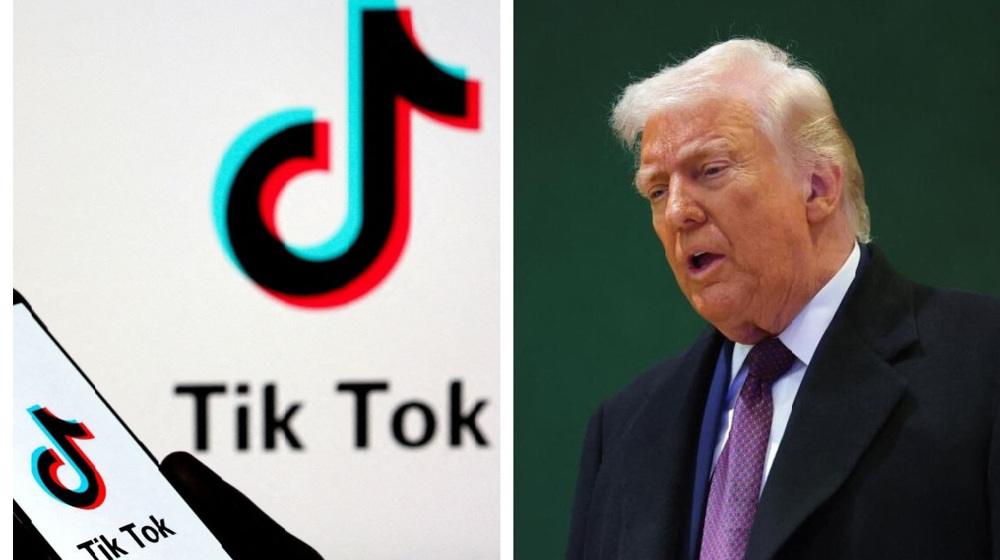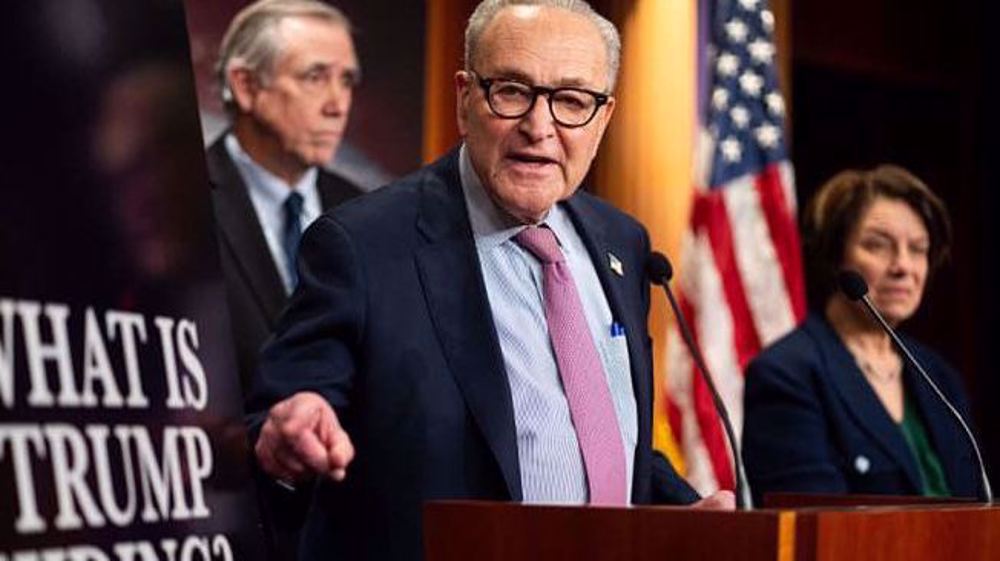Dozens of human rights groups denounce US arms sales to UAE
Twenty nine human rights groups and arms control organizations have denounced the US arms sales to the United Arab Emirates, asking the Congress to block the mega deal.
The groups signed a letter opposing the sale of $23 billion worth of missiles, fighter jets and drones, raising concern about the UAE’s role in Saudi devastating war on Yemen and Libya conflict.
"The hope is to stop these sales altogether," said Seth Binder, advocacy officer at the Project on Middle East Democracy, who spearheaded the effort.
"But if that is not possible in the short term, this sends an important signal to the incoming Biden administration that there is a diverse group of organizations that oppose delivery of these weapons."
The letter, sent to US lawmakers and the State Department, said the planned arms sale would fuel continued harm to civilians and exacerbate humanitarian crises due to conflicts in war-wracked Yemen and Libya.
Signatories include human rights organizations from the region, including the Cairo Institute for Human Rights Studies and Mwatana for Human Rights.
The US-UAE arms deal includes F-35 fighter jets, Reaper drones, air-to-air and air-to-ground missiles and more than 14,000 bombs.
The sale was approved following a US-brokered agreement in September in which the UAE agreed to normalize relations with Israel.
Several US senators, including Murphy, earlier this month proposed legislation to halt the weapons sale to the UAE, setting up a showdown with President Donald Trump weeks before he is due to leave office.
Trump administration officials briefed the Senate Foreign Relations Committee about the deal on Monday evening.
Democratic Senator Chris Murphy, a sponsor of the resolutions of disapproval, responded later on Twitter: "Just a mind blowing number of unsettled issues and questions the Administration couldn't answer. Hard to overstate the danger of rushing this."
Murphy had said, "I support the normalization of relations between Israel and the United Arab Emirates, but nothing in that agreement requires us to flood the region with more weapons and facilitate a dangerous arms race."
He also said the arms sale to the UAE would constrain the options of President-elect Joe Biden who has signaled he will return the US to the Iran nuclear agreement.
US lawmakers had expressed concern about whether the UAE sales would violate a longstanding US agreement with Israel that any US weapons sold in the Middle East must not impair Tel Aviv’s "Qualitative Military Edge" (QME) in the Middle East.
Secretary of State Mike Pompeo had said, “The proposed sale will make the UAE even more capable and interoperable with U.S. partners in a manner fully consistent with America’s longstanding commitment to ensuring Israel’s Qualitative Military Edge.”
US law allows senators to force votes on resolutions of disapproval on major arms deal. However, to become effective resolutions must first pass both the Senate and the House of Representatives. The measure would also need two-third majorities in both the Republican-led Senate and Democratic-led House to survive a presidential veto.
The UAE embassy said in a statement, "Aligned closely with US interests and values, the UAE’s highly capable military is a forceful deterrent to aggression and an effective response to violent extremism."
The United Arab Emirates is a key party to the Saudi war on Yemen that was launched to bring a former Riyadh-friendly government back to power.
The US-based Armed Conflict Location and Event Data Project (ACLED) estimates that the Saudi war has claimed more than 100,000 lives in Yemen since 2015.
Iran considers armies of EU states as ‘terrorist organizations’: Security chief
Sharif University scholars condemn US foreign policy as illegal, destabilizing
Pezeshkian says Iran seeks no war, vows 'decisive' response to any attack
Iran ready for both war and dialogue, ‘will not accept dictation’: FM Araghchi
Trump warns UK against enhancing China ties as PM Starmer hails reset
VIDEO | Press TV's news headlines
Iran rejects threats, backs win-win diplomacy, Pezeshkian tells Erdogan
VIDEO | Disabled Iranian woman dies in German custody














 This makes it easy to access the Press TV website
This makes it easy to access the Press TV website